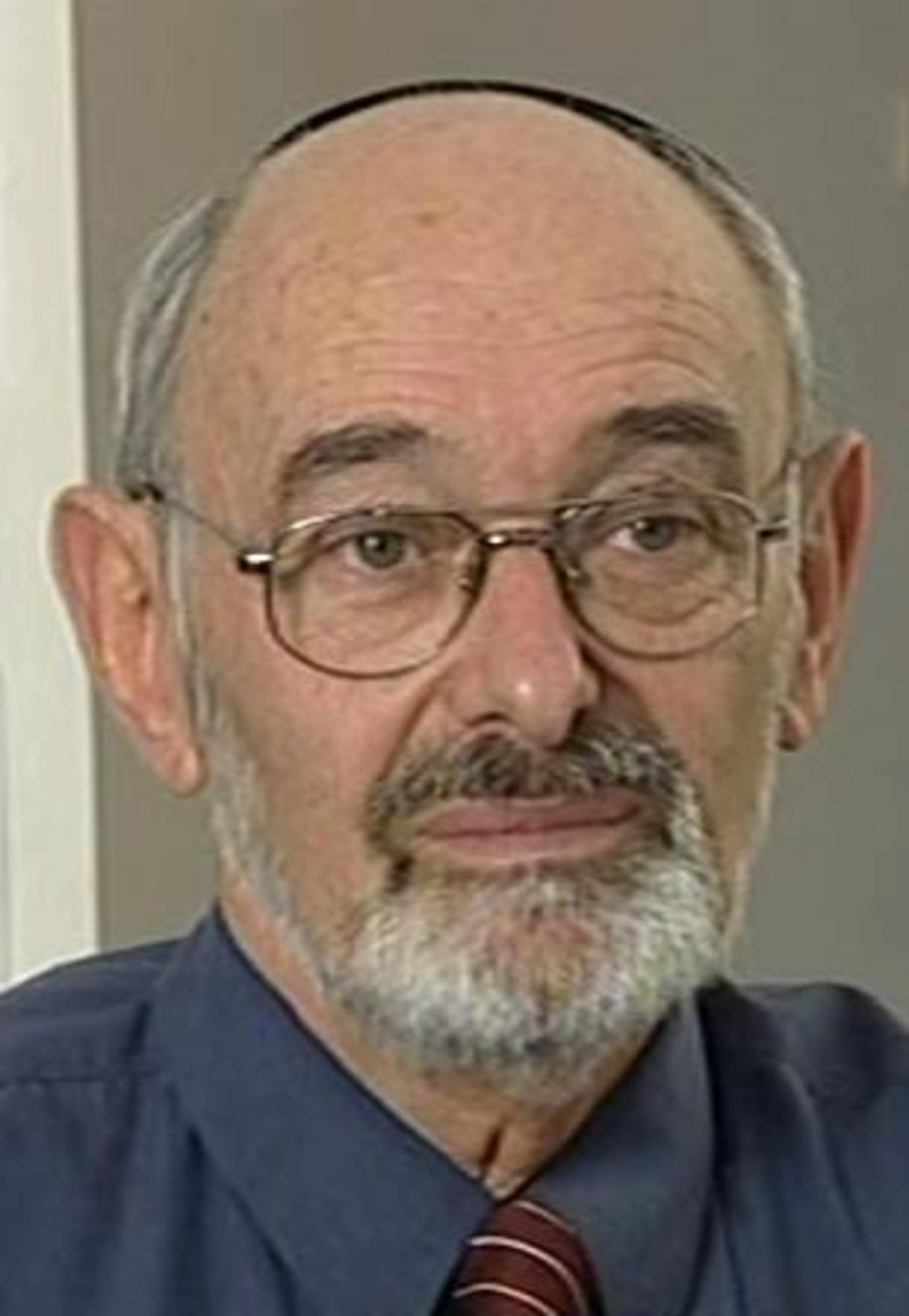The boy from bunker was now holding a German rifle in his hand and thinking of what that rifle went through and what he went through, too

Download image
st1\:*{behavior:url(#ieooui) } Jossi Steiner was born in 1936 in the town of Zlaté Moravce. His parents raised him in accordance with the principles of Judaism. As a six-year-old child he and his family experienced the hell of the holocaust. Firstly they were wanted just in Slovakia, but later on a hunt for them was launched also in Hungary, where they hid out in various places. Then they got to ghetto. After coming back to Slovakia they hid out in the house of Mr. Ján Mozolák. They spent nine months behind so-called “double wall”. Nine people lived in the space 1,5m wide and 5m long. German soldiers stayed in the room above their concealment for two weeks. It was the most dangerous time period. They couldn’t move, sneeze or cough at all. Soldiers also used the dogs to find them; they banged on the wall to find out whether there is somebody hiding behind it. This way soldiers found some Jews in the neighbourhood and killed them. However, they survived and waited to see favourable conditions. After liberation the whole family tried to start a new life. Jossi and his brothers moved to Israel where they could live freely. In 2000 Jossi came back to Slovakia and he still tries to remind others the names of their saviours.
